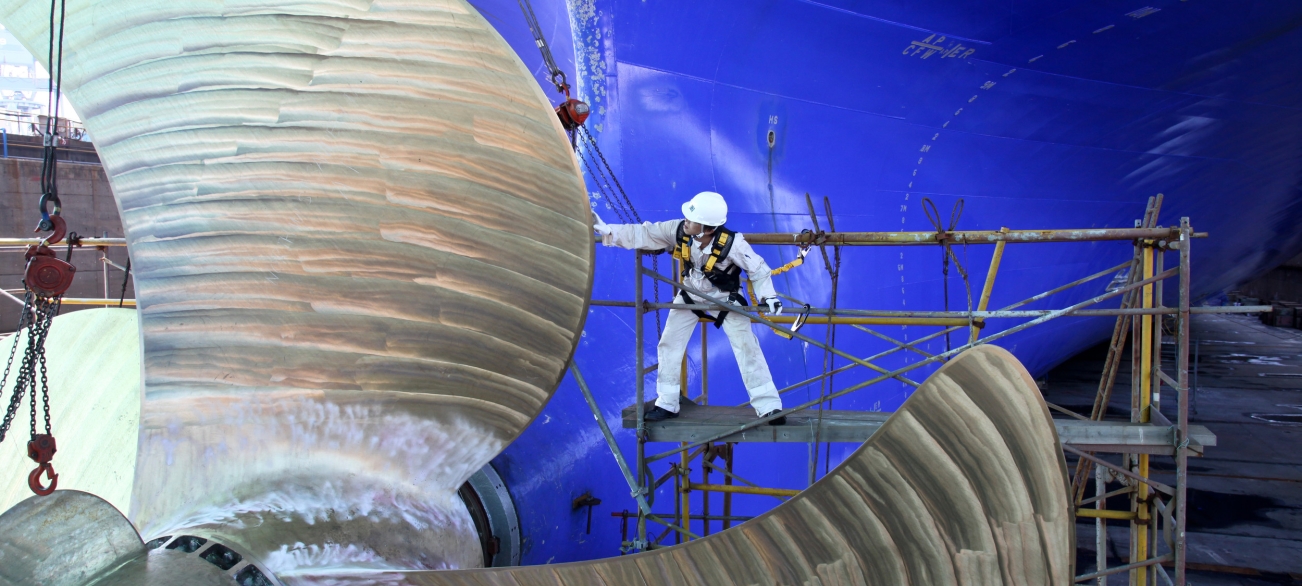Lloyd’s Register, a British classification company, employs in France a dozen inspectors specialising in the maritime sector. Appointed by the company itself for its own ships, or by ship owners, parts manufacturers (engines, winches, etc.) or States (within the scope of a delegation of flag), these inspectors ensure that the standards applicable to the various ships are properly complied with. “The purpose of our missions is to ensure the safety of life at sea”, says Bertrand Blanchard, inspector with Lloyd’s Register. “To this end, we make sure, notably, that the materials used in the maritime components comply with the required specifications. This is the case, for example, when products do not have an EN 10204 Type 3.1 or 3.2 certificate.” The EN 10204 Type 3.1 certificate is a document issued by the manufacturer which states that the delivered products comply with the requirements of the purchase order. This document is supplied along with the manufacturer’s test results and it is validated by a corporate department of the manufacturer, independent of the manufacturing department. The Type 3.2 certificate is issued jointly by the manufacturer and an independent third party to declare that the delivered products comply with the requirements of the purchase order. The test results are supplied with the certificate.
Expertise and trust
“We have these conformity tests carried out by Cetim’s laboratory, which holds a Cofrac accreditation and, therefore, is recognised at national level. We totally trust Cetim’s experts, as they have all the necessary skills and resources to carry out these tests in accordance with the applicable standards in force”, explains Bertrand Blanchard. The tests give rise to a first document (receipt and acceptance of the materials) prior to machining of the test specimens. Then the mechanical and metallographic tests are carried out in the presence of Lloyd’s Register’s inspectors


